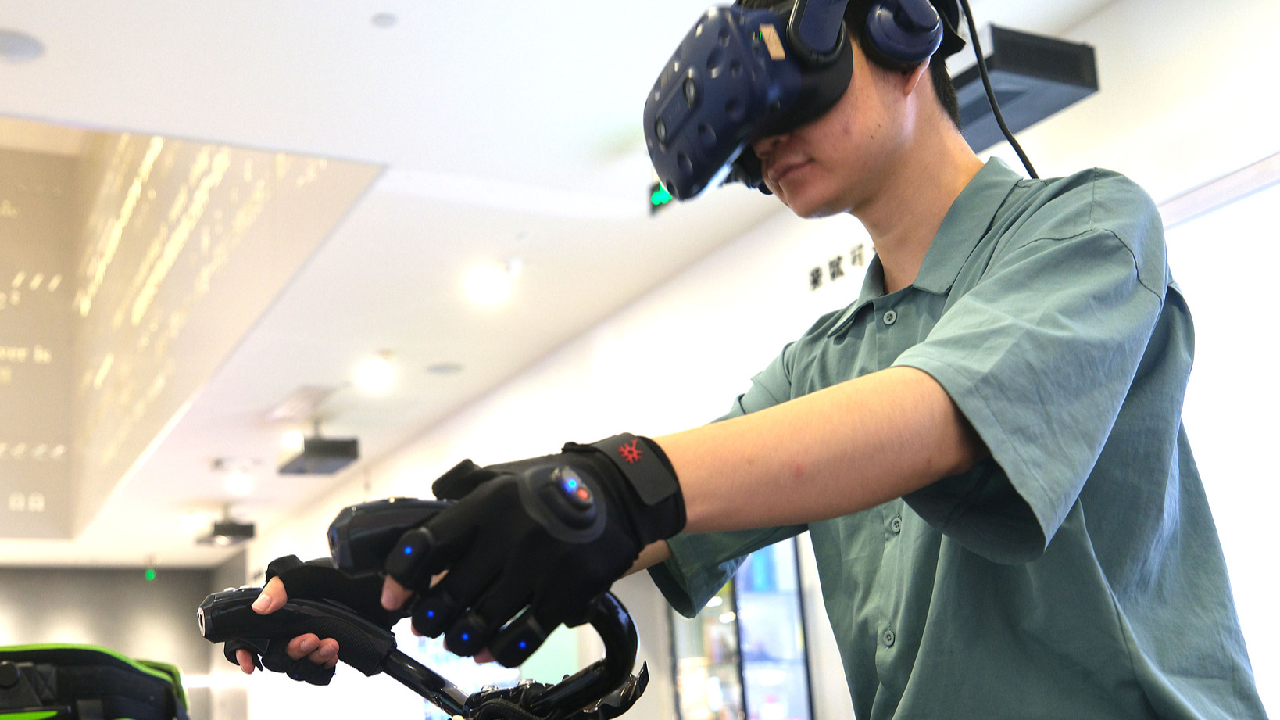TIME list names China's online platforms among Top EdTech companies
China's online platforms have been recognized in the TIME list of Top EdTech companies.

Wang Shuaiguo, director of the Tsinghua University Online Education Center, commented on the international diversity within the top 10, pointing out the inclusion of companies from Mexico and Brazil, which are relatively unknown in China. "This also shows that our perspective might be limited. We tend to focus on Europe, the U.S. or Asia, but other regions, like Latin America, have made significant strides," he observed. Wang added, "Although I think 10 percent in the top 250 doesn't fully represent China's leading position in EdTech, it does show the diversity of the global landscape. It indicates that all countries are actively paying attention to how the best technologies can be applied to education."
XuetangX, established in 2013 by Tsinghua University, was the first Massive Open Online Course platform in China and has since become a foremost player in digital education on both national and international levels. With offerings from various universities amounting to over 8,000 courses, XuetangX has amassed a user base of 133 million, making it the largest MOOC platform in China and the second largest globally.
Wang emphasized the cultural importance of education in China, stating, "In China, there is a deep-seated respect for education and teachers, which drives substantial investment in learning across families, universities, and cities." He attributed this strong cultural foundation as a catalyst for the thriving EdTech sector in the country.
The global expansion of these companies, however, faces obstacles, including language barriers. Wang pointed out, "China has some inherent disadvantages, like language barriers. However, the Chinese market is large enough that Chinese companies don't feel the need to expand globally as strongly as companies from smaller countries do." He also mentioned, "Companies that survive in China's fiercely competitive environment are strong in terms of product quality, service and educational philosophy. This is why we're seeing Chinese companies trying to expand into Southeast Asia, the U.S., and other markets."
The integration of AI into educational strategies was a key topic at the recent Tsinghua Higher Education Forum in Beijing, with discussions on the role of AI in evolving educational methods. Stefania Giannini of UNESCO emphasized the importance of global collaboration in harnessing AI for education while mitigating possible risks. Additionally, Professor Steven Watson from the University of Cambridge brought up the challenges of regulating AI use in academia, highlighting the disparate experience levels between students and professors.
Professor Tang Jie of Tsinghua University talked about ongoing advances in AI for education, particularly through General Language Model applications that integrate text, image, and video. "The integration of different formats – text, image, and video – into a unified AI system marks a significant advancement toward Artificial General Intelligence. Our GLM models are at the forefront of this development," said Tang. Anthony Welch from the University of Sydney also underscored considerations about the social implications of technological advancements in education.
Emphasizing the dynamic competitive spirit in China’s EdTech sector, Wang mentioned, "In the U.S., you won't find companies constantly trying to challenge Amazon, but in China, there are at least five or six companies challenging Alibaba. The competition in China is incredibly fierce and this diversity in competition is what sets China apart."
As XuetangX pushes forward with AI innovations, the acknowledgment by TIME not only celebrates their existing achievements but also encourages continuous growth and adaptation in the highly competitive field of education technology. “Education itself is a significant form of soft power," Wang concluded. "Chinese EdTech companies need to ensure that we do better domestically and globally, leveraging our strengths to contribute to the future of education and mankind."
Sanya Singh for TROIB News
Find more stories on Business, Economy and Finance in TROIB business












